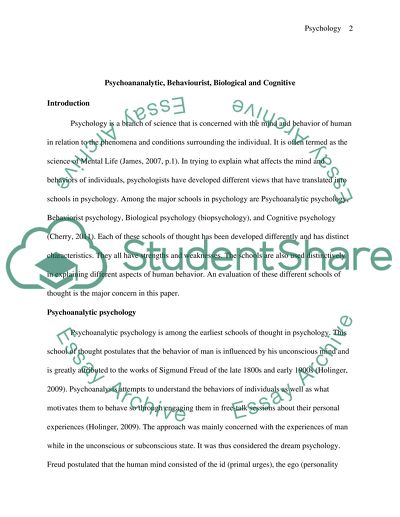Cite this document
(“Psychoananalytic, Behaviourist, Biological and Cognitive Schools in Essay”, n.d.)
Psychoananalytic, Behaviourist, Biological and Cognitive Schools in Essay. Retrieved from https://studentshare.org/psychology/1438766-evaluate-the-four-major-schools-in-psychology
Psychoananalytic, Behaviourist, Biological and Cognitive Schools in Essay. Retrieved from https://studentshare.org/psychology/1438766-evaluate-the-four-major-schools-in-psychology
(Psychoananalytic, Behaviourist, Biological and Cognitive Schools in Essay)
Psychoananalytic, Behaviourist, Biological and Cognitive Schools in Essay. https://studentshare.org/psychology/1438766-evaluate-the-four-major-schools-in-psychology.
Psychoananalytic, Behaviourist, Biological and Cognitive Schools in Essay. https://studentshare.org/psychology/1438766-evaluate-the-four-major-schools-in-psychology.
“Psychoananalytic, Behaviourist, Biological and Cognitive Schools in Essay”, n.d. https://studentshare.org/psychology/1438766-evaluate-the-four-major-schools-in-psychology.


